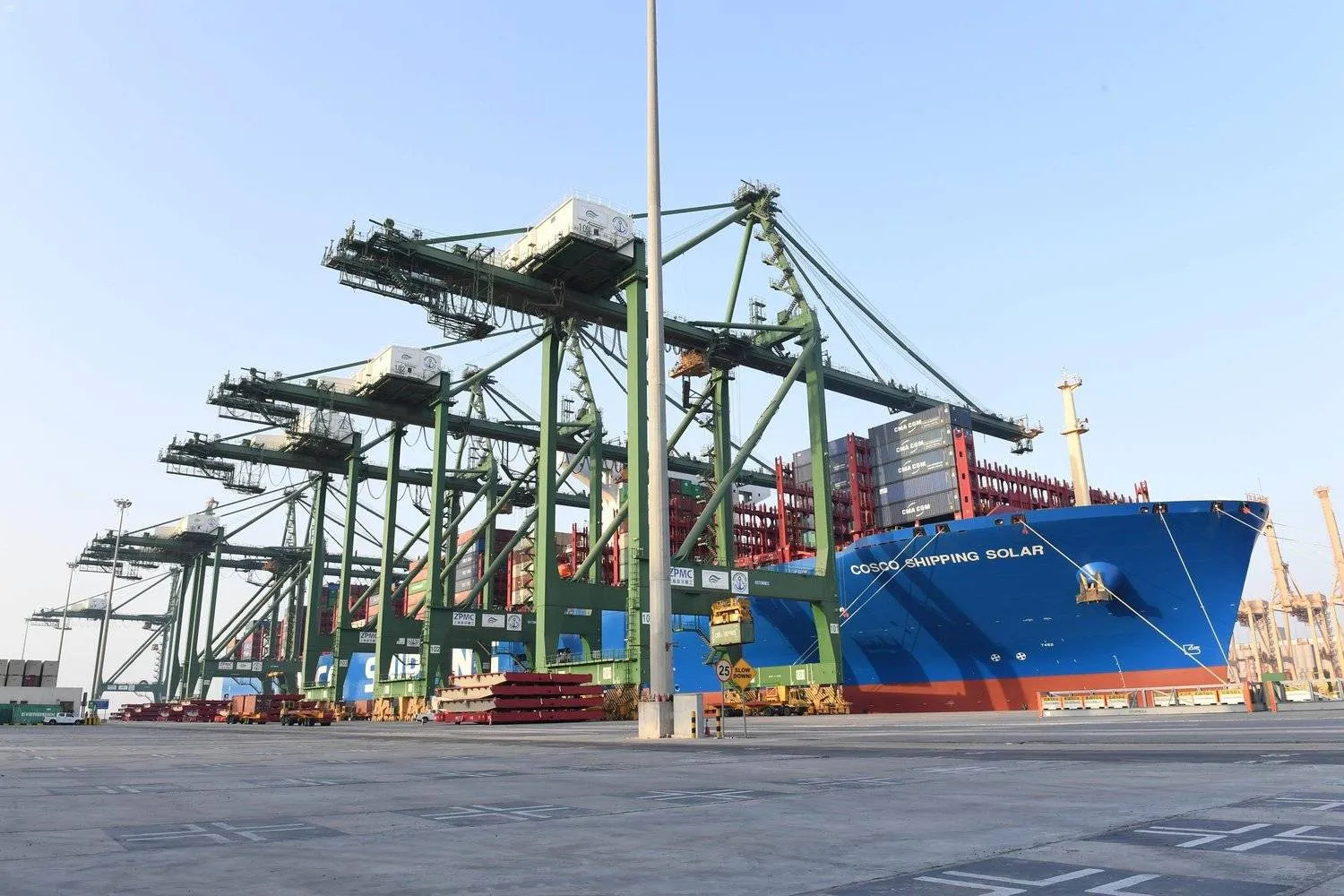The Saudi trade balance achieved a surplus of $7.7 billion in May, for the 36th consecutive month, as merchandise exports declined to $25.8 billion, compared to imports worth $18.1 billion.
The General Authority for Statistics (GASTAT) revealed that non-oil exports, including re-exports, increased 23.9 percent compared to April 2023.
The International Trade in Services survey for May 2023 showed a drop in merchandise exports by 32.1 percent from the same month in 2022, amounting $25.8 billion, down from $38.1 billion.
The GASTAT believed the drop is due to the 37.7 percent decline in oil exports to $19.2 billion, compared to $30.8 billion in May last year.
The report added that the share of oil in total exports for May decreased to 74.1 percent, compared to 80.8 in the same month in 2022.
According to the survey, non-oil exports in May declined 8.7 percent yearly to $6.6 billion. On the other hand, non-oil trade, excluding re-exports, dropped by 19.2 percent.
Compared to April 2023, merchandise exports decreased 6.7 percent, amounting to $1.8 billion.
The data revealed that the Kingdom’s merchandise imports increased 20.9 percent in May to $18 billion, compared to the same month in 2022 when imports touched $14.9 billion.
GASTAT added that Saudi imports in May rose $2.6 billion or 16.9 percent compared to April 2023.









